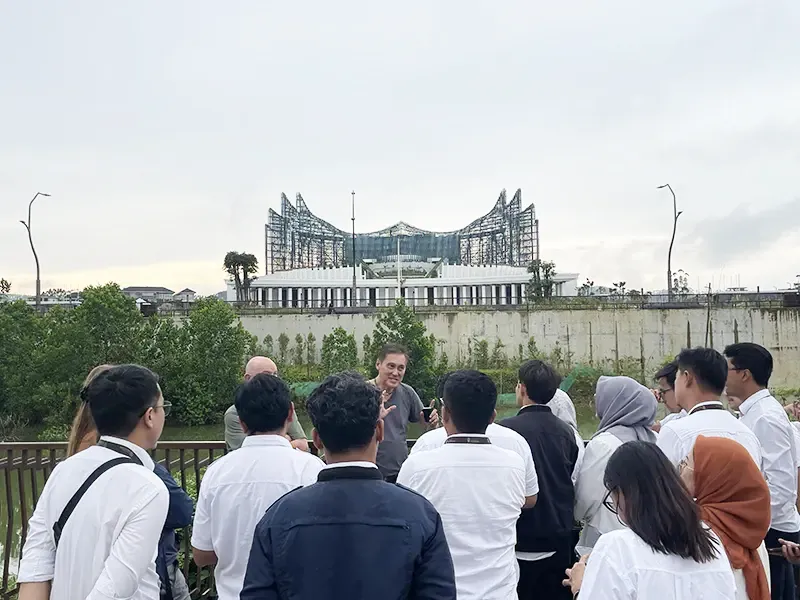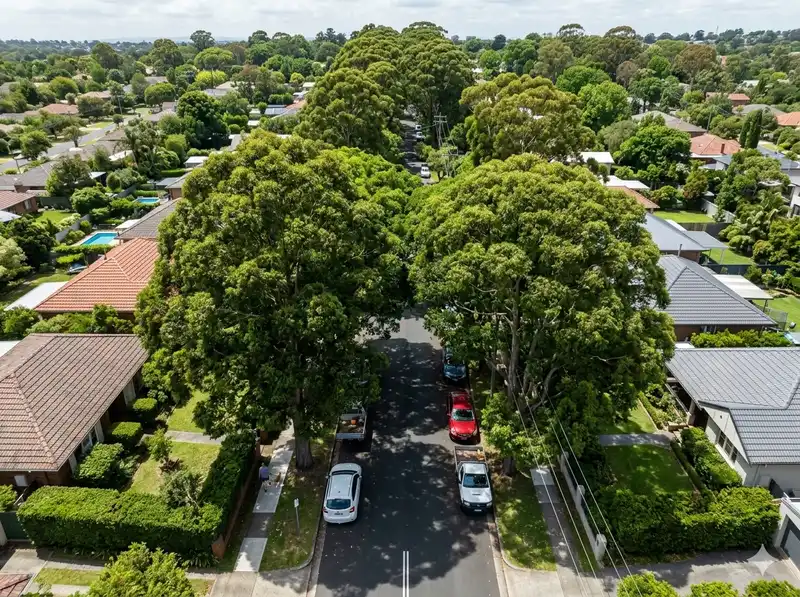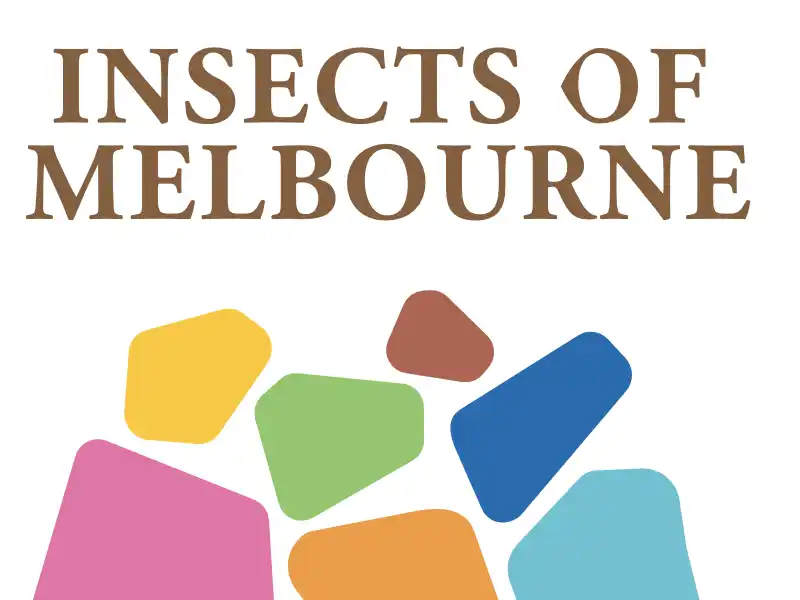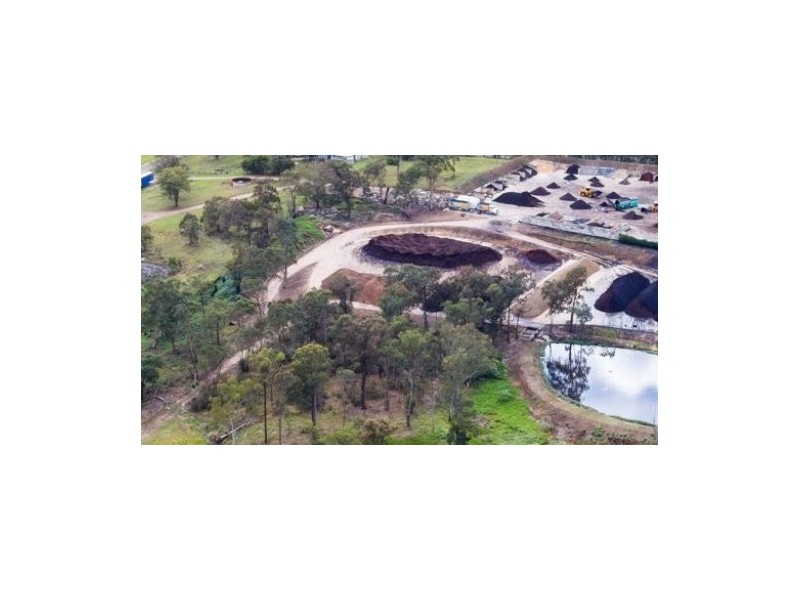Photo: Monash University researchers, including Professor Tony Wong (pictured), are supporting the Indonesian government to design its new water sensitive capital city.
Experts from Monash University are supporting Indonesia to design and plan its new capital city, as Jakarta faces mounting environmental challenges.
The new capital, Nusantara, is currently being developed as a sustainable city in response to Jakarta’s ongoing issues with flooding, land sinking and traffic congestion.
Monash Art, Design & Architecture (MADA) and the Asian Development Bank (ADB) kicked off a water sensitive urban design training in Nusantara for members of the Indonesian government’s Nusantara Capital Authority (NCA), who are leading the development of the new capital.
The training program is supported by the Australian Department of Foreign Affairs and Trade (DFAT) through its Sustainable Infrastructure Assistance Program (Phase 2) that is managed by ADB. The training is part of ADB’s technical assistance program to Nusantara, which has been ongoing since 2023.
Running until October 2025, the training will include field mentoring, workshops and online modules aimed at designing a city that is resilient to water crises and climate change.
ADB will also deliver an ad-hoc session on financing the water sensitive city, in response to a specific request from the NCA. This session aims to provide basic knowledge on key financing strategies and mechanisms relevant to Nusantara’s development.
Monash Professor Tony Wong said water sensitive principles have been successfully adopted in Australian and global cities to effectively manage water in terms of flooding, drought and pollution.
“Water sensitive cities is an Australian concept, underpinned with interdisciplinary research at Monash University since the early 1990s,” Professor Wong said.
“The concept has helped transform cities in Australia and overseas in terms of infrastructure design, water policy, and governance. It has formed the basis for the development of similar programs such as China’s sponge cities, and Singapore’s Active, Beautiful, Clean Waters Program.”
Water sensitive cities or sponge cities use green infrastructure that mimics natural processes of water filtration, drainage, retention and storage.
Green infrastructure, such as wetlands and swales, helps clean rainwater through biofiltration, while retention ponds and pervious pavements reduce environmental contamination and flooding via improved drainage.
Monash Professor Diego Ramírez-Lovering said the planning of a new city requires careful consideration of how human, natural and built environment elements work together.
“Our ambition is to create the skills, know-how and also interconnections between agencies, needed to design a sustainable, sponge city that future proofs Nusantara to respond to pollution, drought, flooding and heat,” Professor Ramírez-Lovering said.
The training program was attended by representatives from NCA’s Departments of Planning and Land Affairs; Environment and Natural Resources; Infrastructure and Facilities; and Social, Culture, and Community Empowerment; as well as the Ministry of Public Works.
The initiative reflects ADB’s continued commitment, alongside Australia and Monash University, to providing strategic expertise and strengthening institutional capacity in support of Nusantara’s development.
ASSETS AVAILABLE
Images available here.
MEDIA ENQUIRIES
Deniz Uzgun
Media and Communications Officer, Monash University
M: +61 418 544 927
GENERAL MEDIA ENQUIRIES
Monash Media
T: +61 3 9903 4840
E: media@monash.edu
For more experts, news, opinion and analysis, visit Monash News.





